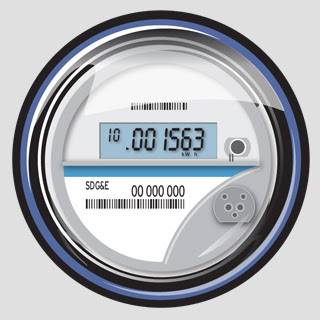Smart, the term used to describe a technological product that can perform functions far beyond their current counterparts largely via the internet, is being increasingly used for a number of products. Although the term may initially provoke ideas of artificial intelligence, this is not always the case, and appears to be more of a marketing ploy for companies looking to ride the ‘smart’ wave.

In the UK, the utilities market has become incredibly competitive and it is now not unreasonable for someone to change their utility provider on a regular basis. Comparison sites have paved the way to simplify this process leading to products such as broadband and phone packages being competitively priced.
But the energy providers have struggled to adopt this practise, and in fact due to the wholesale price of energy increasing and the quest for renewable sources, prices have disproportionately increased. One of the many arguments concerning this sector is around the so called ‘estimated bill’, where energy companies base customer charges on estimates of their energy consumption instead of actual energy used.
This has led to the release of the ‘smart’ meter. The technology promises the end of the ‘estimated bill’ as the energy providers are able to remotely access the meter to obtain an accurate reading of your energy consumption. The providers will also be able to examine what products their customers are using, enabling them to better understand their customers and offer a more personalised service. The UK government has set a deadline of 2019 for every energy meter in the country to become ‘smart’.
Customers will of course be able to monitor the meter themselves, seeing how much it costs to turn on a kettle or the washing machine, helping them to become more energy aware and reduce waste. A further benefit of the smart meter is thought to be the potential cost saving on labour for the energy companies, which it is hoped will be passed on to the customers.
But the picture is not completely rosy. There has been significant concern surrounding the technology, due to the mass of personal data the providers are able to collect. They are able to determine when someone is home, when they go to bed and what appliances they use including medical devices such as dialysis machines all within the ‘privacy’ of the home.
This data is of huge commercial value and it is likely the energy companies will look to capitalise on it. To counter this, pressure has been applied to provide an ‘opt-out’ service, enabling customers to control what information is remotely accessed by the energy providers.
















Great! An Impressive concept that will definitely benefit mankind to some extent but, as you mentioned everything has a dark side!